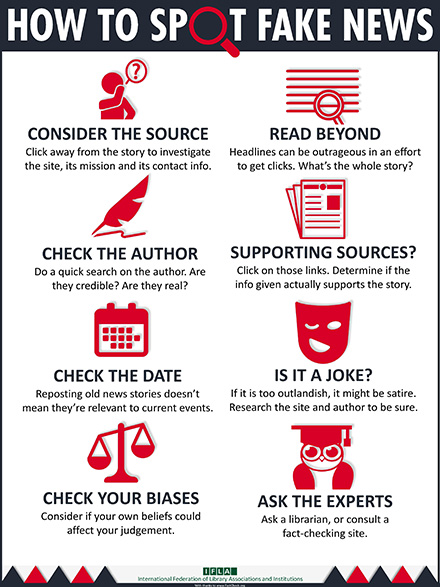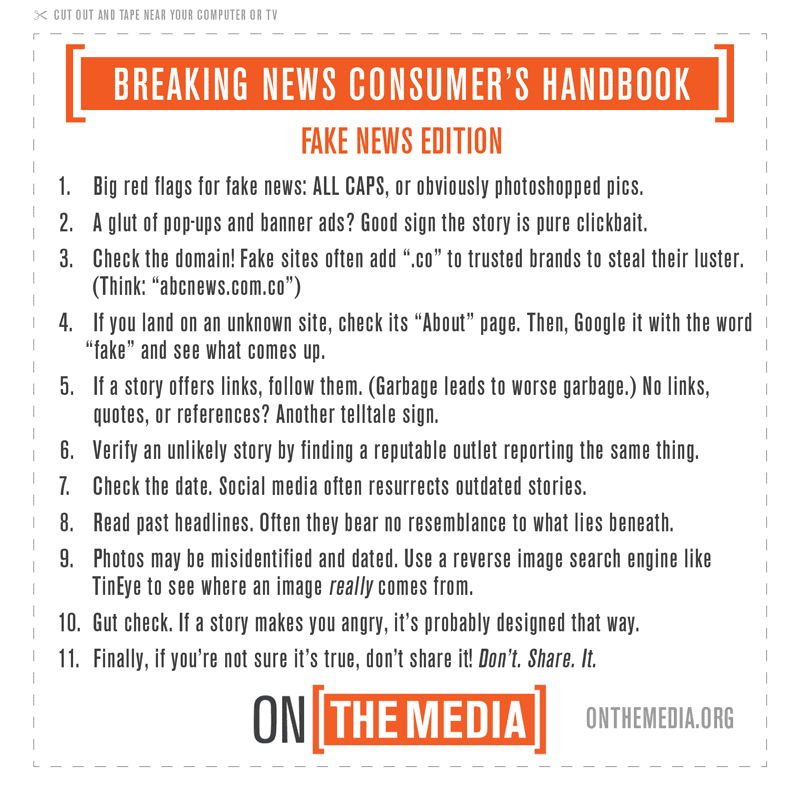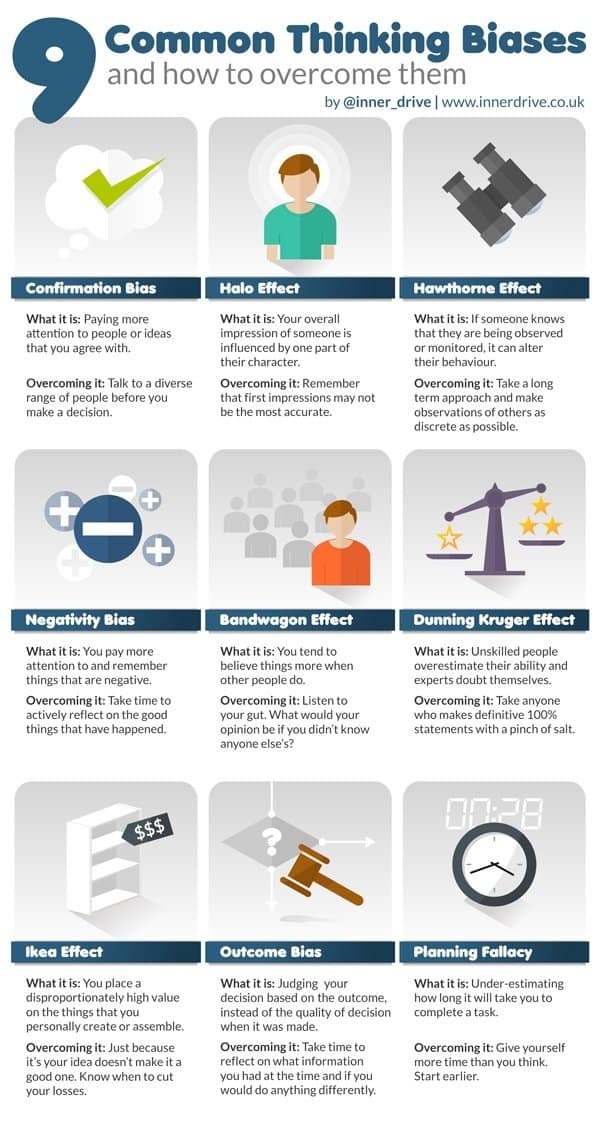



By Dave Van Zandt – Editor – Media Bias Fact Check
Conclusion– A good fact checking service will (1) write with neutral wording and (2) will provide unbiased sources to support their claims. Lookfor these two simple criteria when hunting for the facts.
Media Bias Fact Check strictly relies on signatories of the International Fact Checking Network (IFCN) for fact checking the sources we review. The IFCN sets a code of principles that must be followed in order to remain a part of the network. You can view their code of principles here. With that said, this is our 2020 list of go to fact checkers.
Politifact– is a fact-checking website that rates the accuracy of claims by elected officials and others who speak up in American politics. PolitiFact is owned by the Poynter Institute, which also operates the International Fact Checking Network (IFCN) that sets standards for fact checkers. Politifact is a signatory of the IFCN and is simply the best source for political fact checking. Won the Pulitzer Prize.
FactCheck.org– is a project of the Annenberg Public Policy Center of the University of Pennsylvania. They are a nonpartisan, nonprofit “consumer advocate” for voters that aims to reduce the level of deception and confusion in U.S. politics. They monitor the factual accuracy of what is said by major U.S. political players in the form of TV ads, debates, speeches, interviews and news releases. Fact Check is similar to Politifact in their coverage and they provide excellent details. The only drawback is they lack the simplicity of Politifact.
Ad Fontes Media Provides a good illustration of ratings. They rate the news for bias and reliability using a rigorous methodology and a politically balanced team of analysts. Our focus is on analyzing the news content of articles and shows. Ad Fontes is Latin for “to the source,” because "we rate the news by looking at the source itself."
Lead Stories- is a fact checker and hoax/rumor debunker that uses the International Fact-Checking Network fact-checkers’ code of principles as a guide for all fact checking. What separates them is the use of a specific engine called the Trendolizer, which tracks story trends that allows Lead Stories to quickly debunk fake news before it becomes viral. They are often the first to debunk outrageous claims.
Science Feedback- is an IFCN fact checker that consists of two seperate websites, Climate Feedback, which reviews climate related claims and Health Feedback, which reviews health and medical claims. Each fact checker holds a Ph.D. and has recently published articles in top-tier peer-reviewed science journals. This is by far the best fact checker for science related claims.
AP Fact Check- is an IFCN fact checker from the Associated Press. AP Fact Check tends to focus on claims by political leaders and frequently fact check President Trump’s claims. The AP sources their fact checks with credible information.
AFP Fact Check– is an IFCN fact checker from Agence France-Presse (AFP) based in France. The AFP is a large international news agency that has locations around the globe. This allows the AFP to cover diverse fact checks from many different countries. They frequently fact check fake photos and videos as well. This is the best english language fact checker for non-USA fact checks.
Reuters Fact Check- is an IFCN fact checker from the UK based Reuters. Reuters Fact Checks tends to focus on social media hoaxes and claims, however they also cover political statements. Reuters sources their fact checks with credible information.
Full Fact- is an independent nonprofit IFCN fact checker based in the United Kingdom. Their focus is on political claims and misinformation published by the UK media. Essentially, Full Factis the UK’s Politifact.
Check Your Fact- is an IFCN fact checker owned by the Daily Caller. While the Daily Caller is not a reliable news organization, Check Your Fact operates independently of them and adheres to the IFCN principles. Check Your Fact is one of very few right leaning IFCN fact checkers. They primarily focus on hoaxes and political statements.
Fact Checker by the Washington Post– The Washington Post has a very clear left-center bias and this is reflected in their fact checks. Their fact checks are excellent and sourced; however their bias is reflected in the fact that they fact check right wing claims more than left. Otherwise the Washington Post is a good resource.
Open Secrets– Open Secrets is a nonpartisan, independent and nonprofit, run by the Center for Responsive Politics, which is the nation’s premier research group tracking money in U.S. politics and its effect on elections and public policy. Open Secrets are by far the best source for discovering how much and where candidates get their money. They also track lobbying groups and whom they are funding.
The Sunlight Foundation– The Sunlight Foundation is a national, nonpartisan, nonprofit organization that uses the tools of civic tech, open data, policy analysis and journalism to make our government and politics more accountable and transparent to all. Sunlight primarily focuses on money’s role in politics.
Poynter Institute– The Poynter Institute is not a true fact checking service. They are however a leader in distinguished journalism and produce nothing but credible and evidence based content. If Poynter reports it, you can count on it being true.
Ballotpedia- Ballotpedia is a nonpartisan online political encyclopedia that covers American federal, state, and local politics, elections, and public policy. Ballotpedia’s stated goal is “to inform people about politics by providing accurate and objective information about politics at all levels of government.”
Conclusion– A good fact checking service will (1) write with neutral wording and (2) will provide unbiased sources to support their claims. Look for these two simple criteria when hunting for the facts.

A few basic questions for the Beginning Investigator! Keep these in mind when watching or listening to media:

